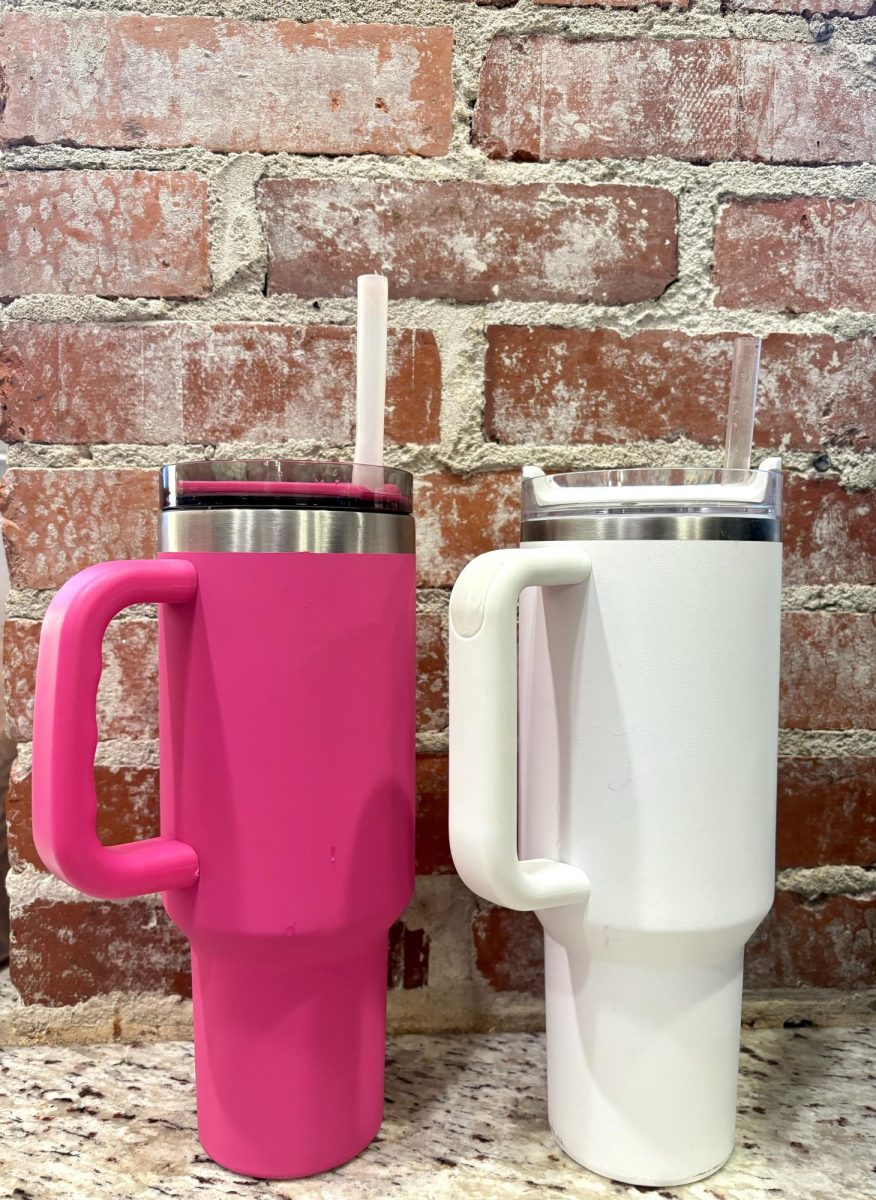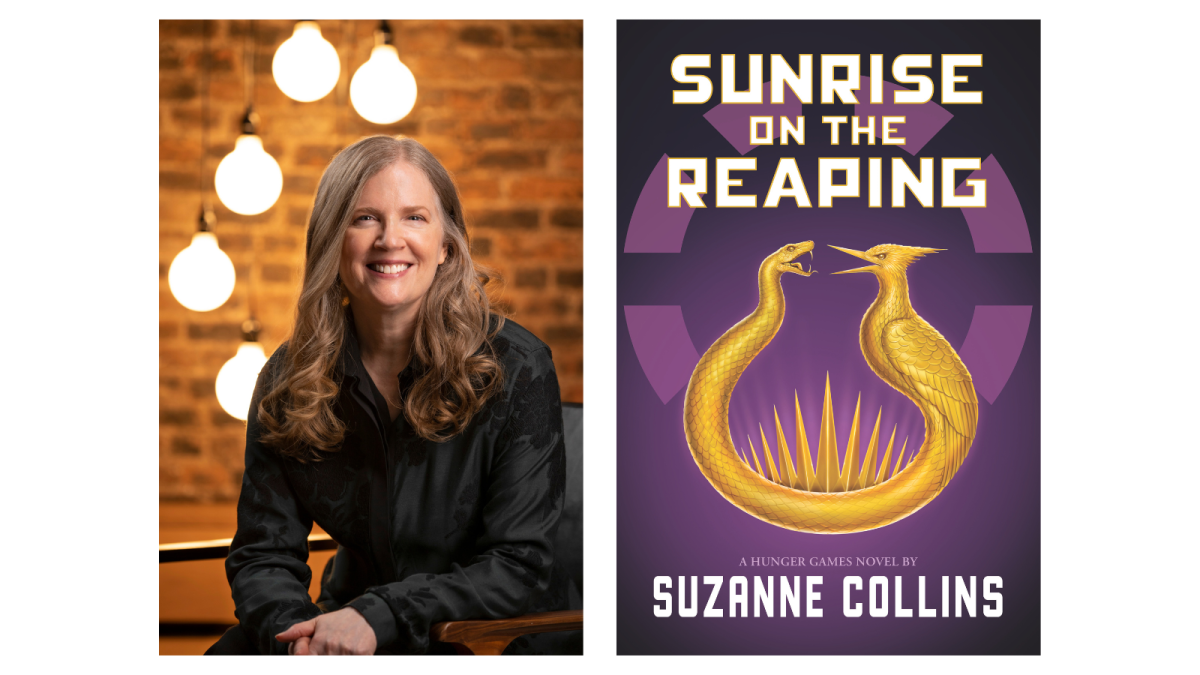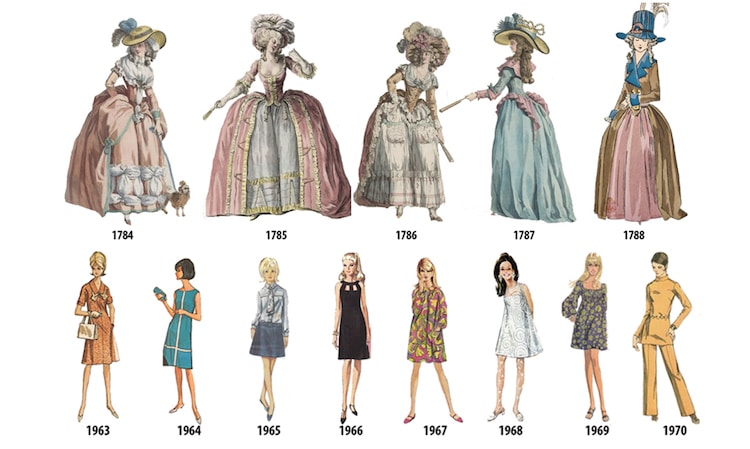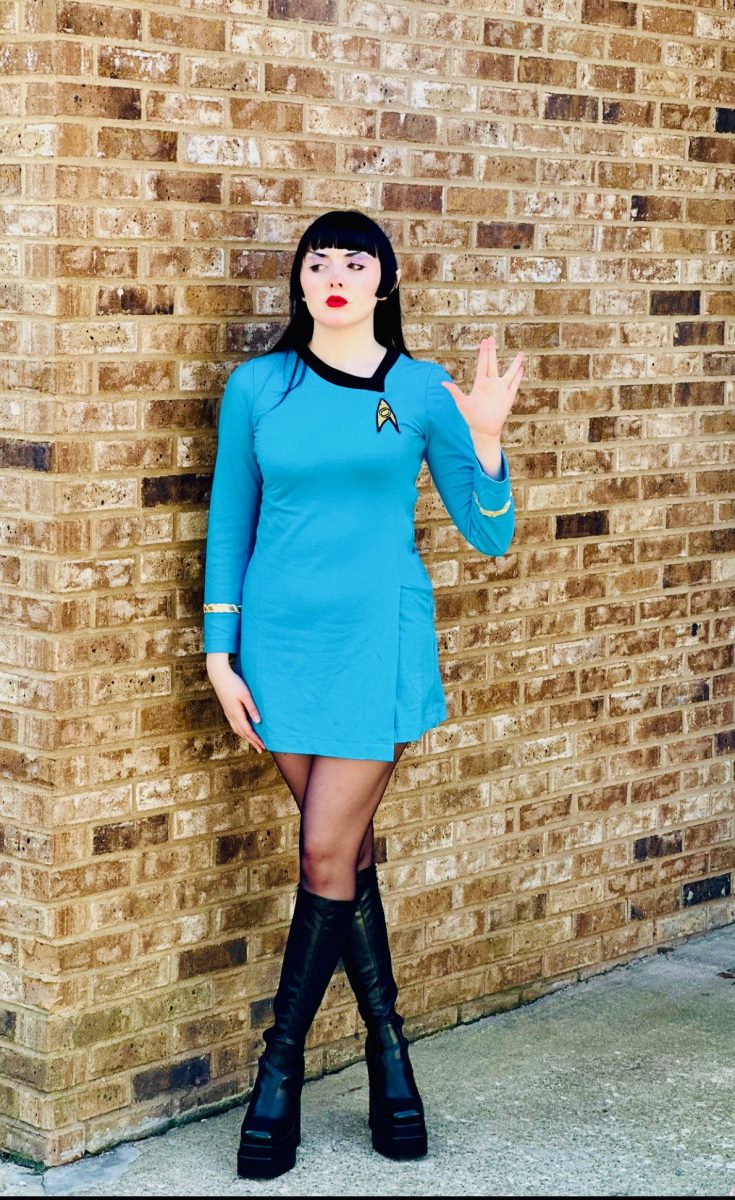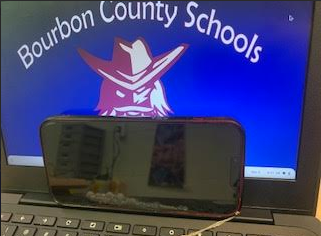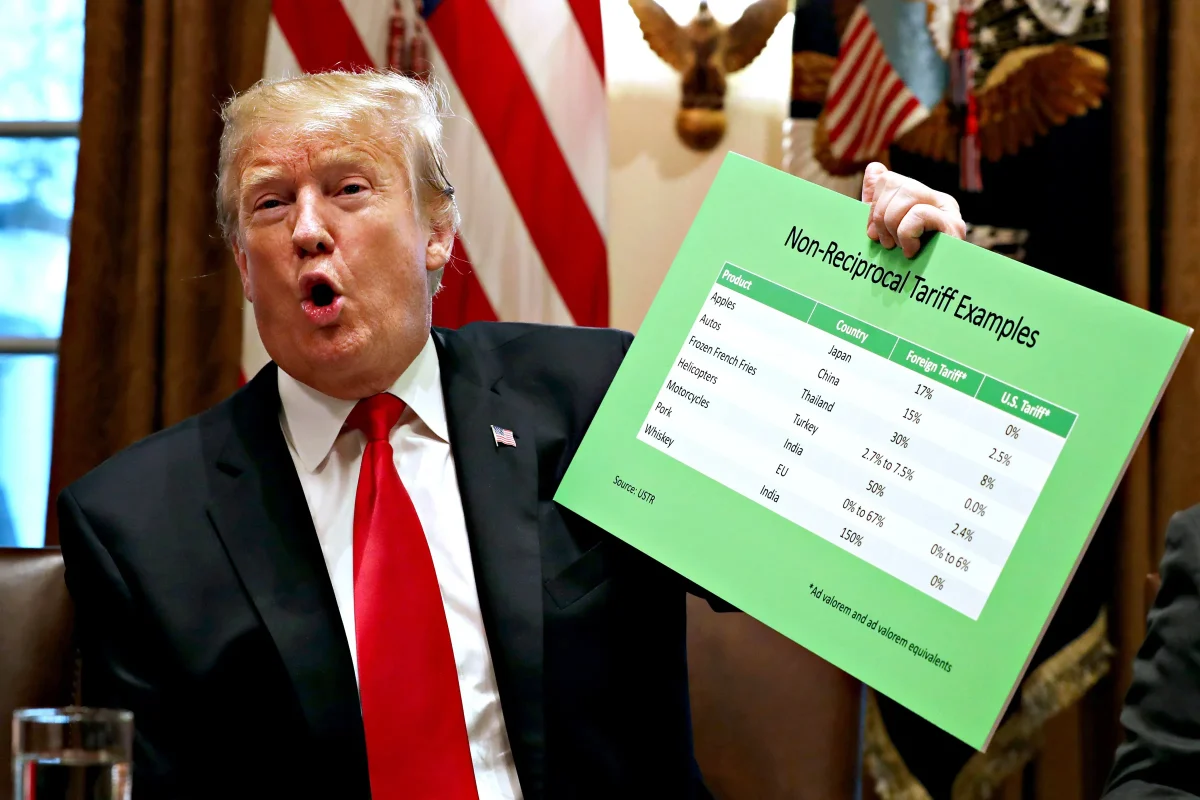Society has made us feel guilty about bringing off-brand items into public at least once. It could differ from clothes to Stanley Cups to shoes. Social media makes us all feel bad when we see ads promoting these expensive products. No one wants to buy a cup for forty-plus dollars when the same one is at Walmart for a lower price and is just missing the logo. Though not a big deal, someone will most likely comment on why you don’t have the real product. To avoid that situation, we’re roped into purchasing the more expensive one and then left with the new guilt of spending a lot of money.
“The idea of luxury is a scam. The lipstick you buy from a designer brand could be nearly identical to a high-street one, but because you’ve seen the designer’s couture dress at the Met Gala you buy it. That’s how they make their money – sunglasses, belts. They don’t sell many couture dresses. Most aren’t making their perfume either.” – Tansy Hoskins, The Guardian. Most dupes that we hear being called “super-fakes” are made by the same factories as the real product. Purchasing the dupes is hacking the systems, “scamming the scammers”, as Hoskins says.
Over a quarter of US consumers have been roped into buying fake goods with the help of social media. “56,769 active accounts promoting counterfeits were discovered on Instagram in 2019” (CORSEARCH). People are being roped into purchasing knockoffs that could potentially harm brands. There are good and bad things about buying counterfeit products, especially online. We’re finding a pretty nice product for a cheaper price but at what cost? Paying less than the original product seems like a deal until it comes in the mail and breaks automatically. The online clothing store, Shein, is a great example of this. Anyone who has purchased clothes, earrings, beauty products, and anything else Shein offers can vouch for how low their quality is. Their merchandise breaks quite easily which shows how useless it is to spend money on it, even if it’s a small amount. Second of all, when we purchase counterfeit goods, we’re supporting criminal activities such as forced labor and human trafficking. There are videos on TikTok and Instagram that display exactly this. Kids are seen in the factory, and the environment looks anything but safe. Also, knockoff products aren’t put through safety checks as legitimate items.
But what if people don’t find this to be true, or are willing to buy goods for a lower price despite the warnings? There’s not much that can be done, but there are warnings out there. When you purchase knock-off brands you may not be in for a good deal. Though it’ll cost more money for the real deal, it’s better to protect yourself and others from the harm out there.

